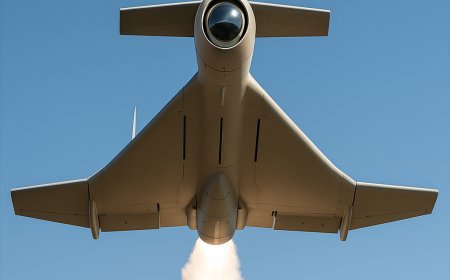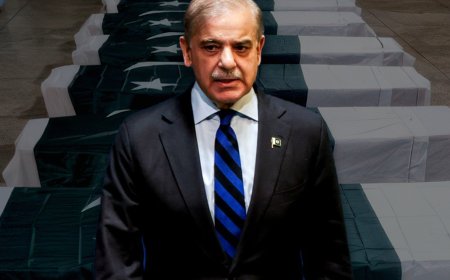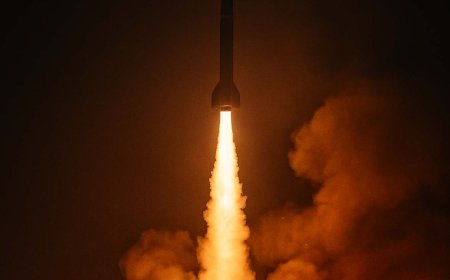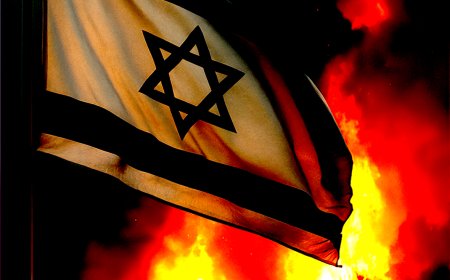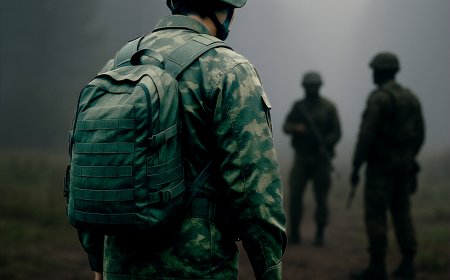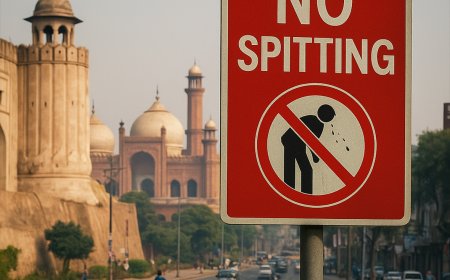South Korea’s President Declares Martial Law: A Shocking Turn of Events
In an unprecedented move, South Korea's President Yoon Suk Yeol declared martial law on Tuesday night, citing threats from "anti-state forces" and North Korea. The declaration, the first in nearly 50 years, sent shockwaves through the nation and drew widespread condemnation, ultimately forcing Yoon to revoke the measure within hours following a parliamentary vote.
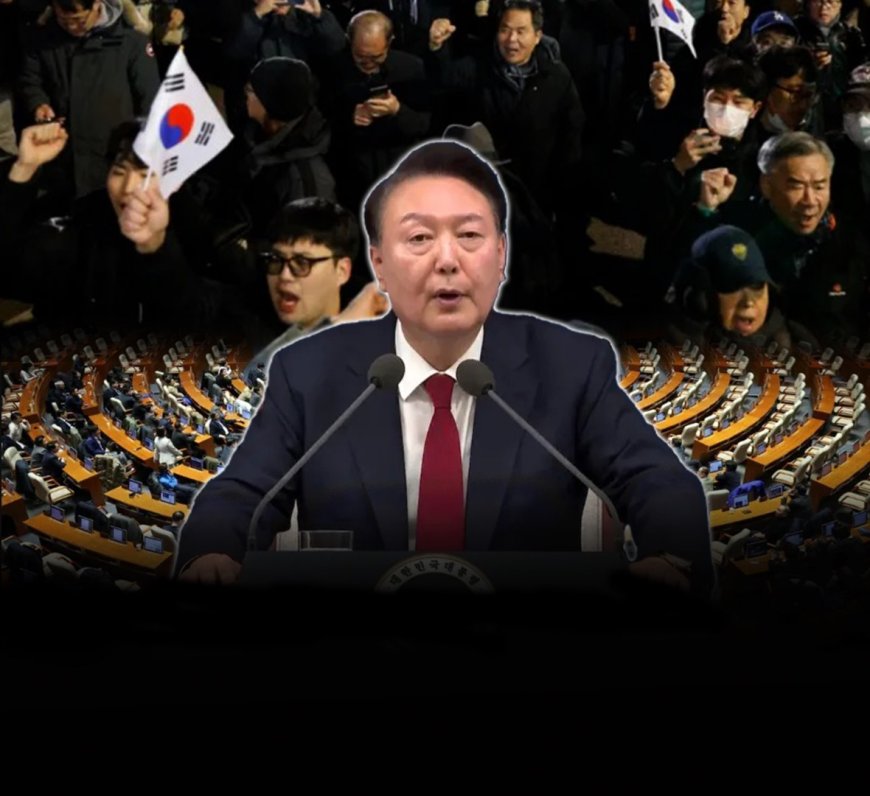
SEOUL: In an unprecedented move, South Korea's President Yoon Suk Yeol declared martial law on Tuesday night, citing threats from "anti-state forces" and North Korea. The declaration, the first in nearly 50 years, sent shockwaves through the nation and drew widespread condemnation, ultimately forcing Yoon to revoke the measure within hours following a parliamentary vote.
Yoon’s drastic action, widely seen as an attempt to consolidate power amid mounting political and personal scandals, has plunged the country into a political crisis.
What Happened?
In a televised address, Yoon accused political opponents of undermining the government, calling for military intervention to "crush anti-state forces." Under martial law:
- The military temporarily assumed authority.
- Helmeted troops were deployed to the National Assembly, with helicopters seen landing on its roof.
- Restrictions were imposed on protests, political activity, and the media.
However, South Korean politicians and citizens quickly denounced the decree as unconstitutional. Thousands of protesters gathered at the parliament, chanting against martial law. Lawmakers, including members of Yoon's own conservative People’s Power Party, called his move a grave miscalculation.
Shortly after midnight, 190 out of 300 lawmakers convened and voted to strike down the measure. Following the decision, Yoon accepted the parliamentary vote and rescinded martial law early Wednesday morning.
Martial Law’s Significance
Martial law grants the military temporary authority during emergencies when civil institutions are deemed ineffective. In South Korea, it was last invoked in 1979 following the assassination of then-military dictator Park Chung-hee. Since transitioning to democracy in 1987, the nation has prided itself on its political stability and democratic norms.
Yoon’s invocation of martial law, despite lacking an apparent national emergency, has been widely criticized as an authoritarian overreach.
Why Did Yoon Declare Martial Law?
Observers suggest Yoon acted out of political desperation. His presidency has faced challenges, including:
- Lame-duck status: After losing parliamentary control in April, Yoon has struggled to pass legislation, relying instead on vetoing opposition-backed bills.
- Corruption scandals: His approval ratings, now around 17%, have been battered by allegations, including stock manipulation and the First Lady’s acceptance of luxury gifts.
- Impeachment threats: Opposition lawmakers have targeted Yoon's cabinet and top officials, further pressuring his administration.
Critics argue Yoon’s martial law declaration was an ill-fated attempt to silence opposition and deflect attention from these crises.
What’s Next?
The opposition Democratic Party has moved to impeach Yoon. A parliamentary vote is expected by Saturday, requiring at least 200 of 300 lawmakers to approve the motion.
If passed, Yoon’s case would go to the Constitutional Court, where six of nine justices must uphold the impeachment for him to be removed from office. South Korea has a history of presidential impeachments, including the ousting of Park Geun-hye in 2016 and the temporary suspension of Roh Moo-hyun in 2004.
Experts predict Yoon’s move could have long-term repercussions, both domestically and internationally, with South Korea’s democratic credentials now under scrutiny.
Leif-Eric Easley, a professor at Ewha University, commented, "Yoon’s declaration of martial law appeared to be both legal overreach and a political miscalculation, unnecessarily risking South Korea’s economy and security."
What's Your Reaction?







